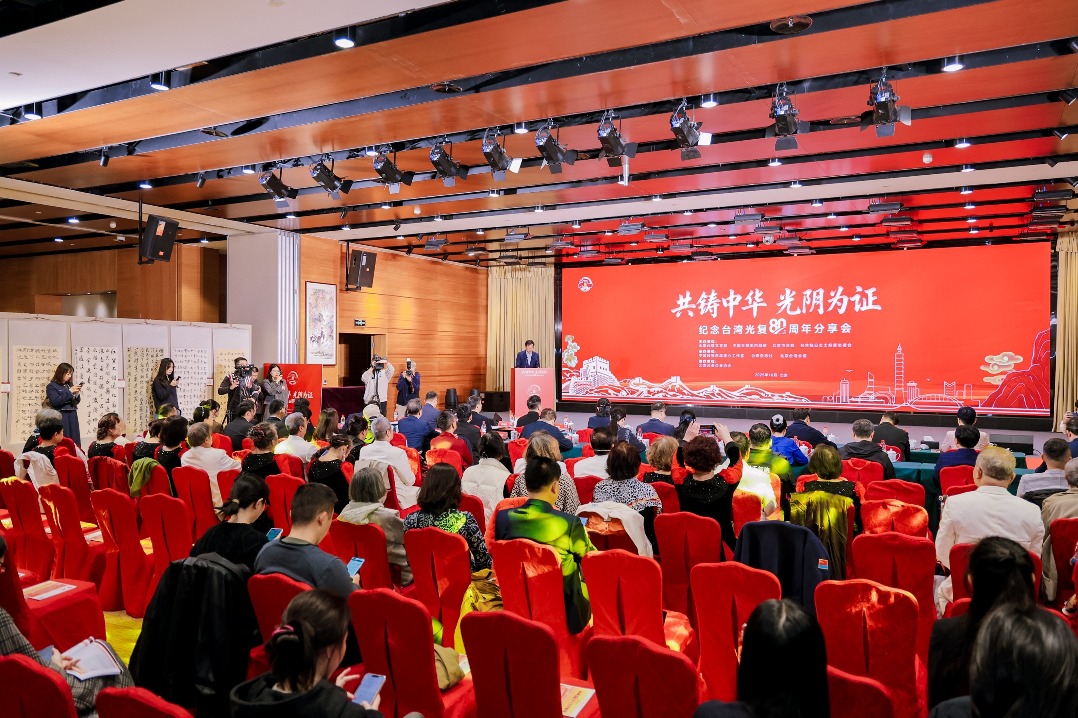Shrinking graduate applications reflect a market shift


In recent years, China has expanded graduate school admissions to cultivate talent in key sectors. However, despite these efforts, the number of graduate school applicants has declined for two consecutive years. The number of applicants in 2024 for graduate school entrance exams in 2025 fell by 500,000 from that a year ago, and by 860,000 from that two years ago.
From an employment perspective, the job market has become more diversified, and many students feel that academic qualifications are not the only path to career success. Traditionally, a graduate degree was considered essential for career advancement. However, graduates from certain fields often struggle to adapt to industry changes, leading many to prioritize work experience before pursuing further education.
Additionally, the popularity of government exams, particularly the national civil servant exams, has drawn more undergraduates, further reducing the number of graduate school applicants. In 2024, a record more than 3.4 million people passed the qualification review for the 2025 national civil servant exam, reflecting the growing preference for stable jobs.
Rising tuition fees and living costs, particularly for professional master's programs, also deter many students. Some universities in first-tier cities have stopped offering dormitory accommodation, which has led students to seek more expensive off-campus housing.
Besides, the rise in direct admissions (where top students can bypass entrance exams) has reduced the number of available spots in the national admissions system, intensifying competition. Additionally, reforms to entrance exams have made them more challenging, causing some students to reconsider applying.
Academic credentials have traditionally served two main purposes: selection and empowerment. "Selection" refers to using academic qualifications as a threshold for entering certain professions, while "empowerment" involves the educational process itself.
In today's fast-changing world, higher education remains crucial for building foundational knowledge. However, it struggles to keep up with the evolving job market. Traditional academic programs often leave students ill-prepared for the practical needs of industries.
As a result, instead of being seen as a mere "gateway to the workforce", academic credentials are becoming a "validation of skills" and a "catalyst for development". The focus is shifting from qualifications solely related to employment to a broader, more dynamic approach to career growth.
The decline in graduate school applications does not indicate a devaluation of academic credentials. Rather, it reflects a shift in how these credentials are perceived in the job market. Despite the decrease in applicants, there is still a demand for graduate-level talent, especially in local government positions. However, many graduates prefer to work in first-tier cities, leading to a mismatch between supply and demand. Consequently, employers are raising educational qualifications to streamline hiring. Since 2021, the central authorities have been promoting the reform of educational evaluation, trying to avoid overemphasis on scores, admission to higher education, diplomas, theses, and titles.
Therefore the decline in graduate school applications could also represent a natural adjustment in China's education system.
So in the future, graduate programs should emphasize emerging, interdisciplinary fields while reducing enrollment in areas with lower demand.
Professional master's programs should emphasize practical skills, while encouraging interdisciplinary integration to cultivate well-rounded, adaptable talent.
Strengthening mentor systems and improving guidance for graduate students will raise the overall quality of graduate education.
Universities should collaborate with businesses to offer more practical opportunities and career guidance, helping students navigate the job market more effectively.
Combining academic education with vocational training will equip students with both theoretical knowledge and practical skills. A diversified evaluation system that considers qualifications, skills, and experience will help align education with vocational needs.
Looking ahead, China's graduate education system will increasingly emphasize diversification. New academic offerings will focus on emerging fields such as artificial intelligence and biotechnology to meet demand. The educational model will also evolve to accommodate various student groups, including those pursuing online, adult, and vocational education.
Universities will integrate entrepreneurship and innovation into their curricula, offering practical experiences to foster creativity. The trend of combining academic credentials with vocational training will help students enhance their skills throughout their careers.
Government policies such as the"1+X" certification system will further promote this integration, encouraging students to earn vocational certificates alongside academic degrees, improving their adaptability in an ever-changing job market.

Wu Ni is the director of the Institute of Educational Strategy and Macro-Policy, China National Academy of Educational Sciences. This is an excerpt of his interview with China Daily's Li Wei.
The views don't necessarily reflect those of China Daily.
If you have a specific expertise, or would like to share your thought about our stories, then send us your writings at opinion@chinadaily.com.cn, and comment@chinadaily.com.cn.


































